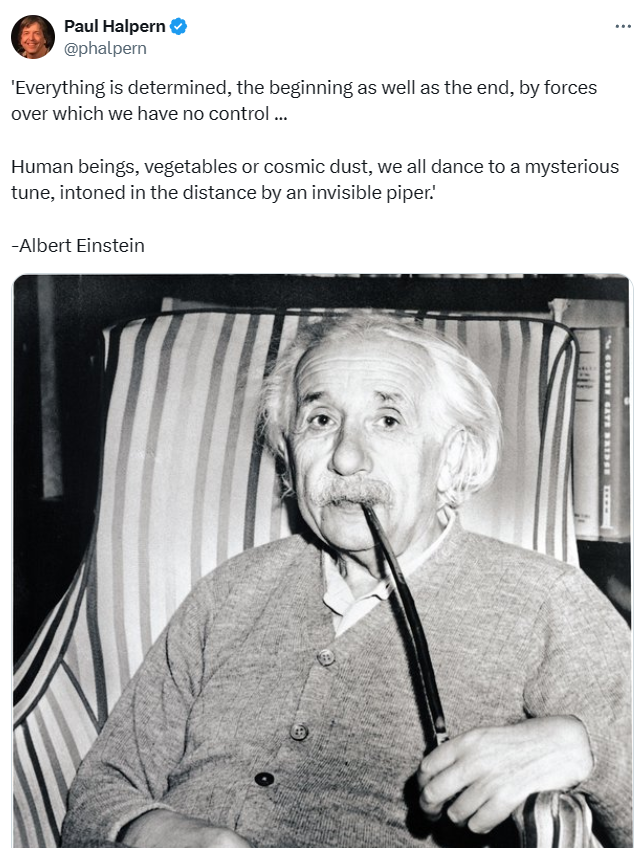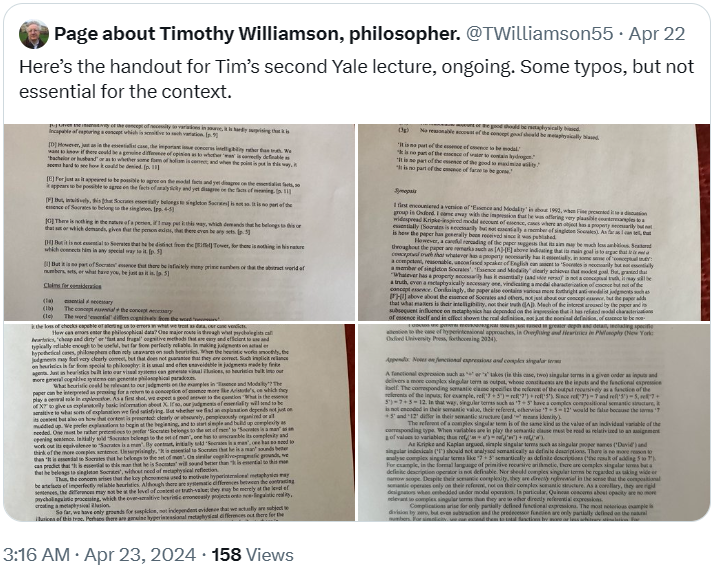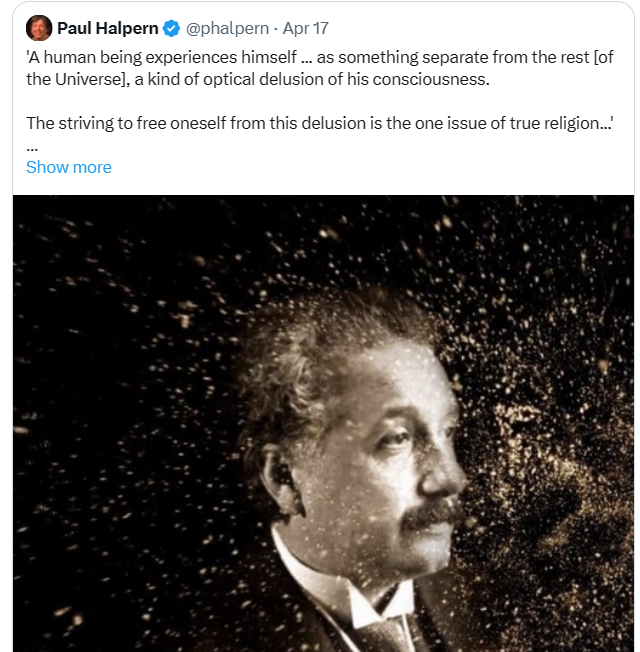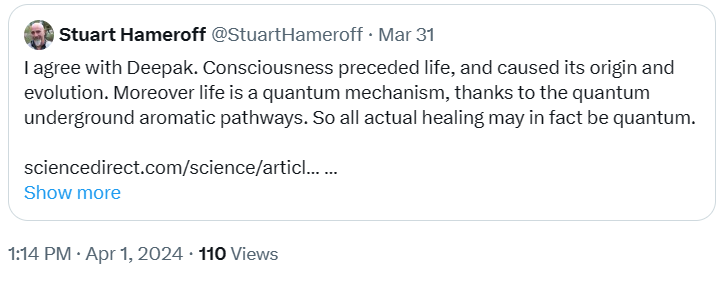(i) Daniel Dennett
Daniel Dennett

Like Richard Dawkins, Daniel Dennett received a lot of vitriolic abuse because of his views. But he argued his case. And he even engaged with many of his (fierce) critics. This is true of Dawkins too.
So even though many people may take Dennett’s views to be extreme in various ways, at least argument and data were of supreme importance to him. (I never agreed with everything he wrote.) Many (i.e., not all) of his critics, on the other hand, seem to glide on their visceral hatred of his views.
Doubt: Laypersons, Science, and Wittgenstein’s Doubts About Doubt

Didn’t Ludwig Wittgenstein have doubts about doubt? Or, at the very least, he was certainly very dismissive of global doubt (or global scepticism).
Also, aren’t many scientists highly suspicious when laypersons doubt their own claims and theories? What’s more, laypersons largely rely on testimony when it comes to (most) science. In other words, this is the exact opposite of doubting scientific statements and theories. [See my ‘When It Comes to Science, Non-Scientists Rely on Testimony’.]
Perhaps one can get around all this and say that Richard Feynman wasn’t using the word “doubt” in this philosophical(?) way.
Albert Einstein’s Determinism or Fatalism?

This is something I’ve never understood. “Spiritual” and religious people quote Einstein left, right, and centre in order to get him on board their own spiritual/religious trains. Yet doesn’t this quote (below) work against the free will which most spiritual and religious people champion? (Yes, non-religious people believe in free will too.)
I suppose, however, that Einstein’s words can be squared with certain brands of religious fatalism.
Timothy Williamson’s Lectures

The English philosopher Timothy Williamson’s lectures are usually brilliant. (Well, all the ones I’ve watched on YouTube are.) No one does them the way he does. They are clear and unpretentious. They’re also very forceful… And I say all that even though I don’t agree with many of his positions.
For example, I broadly see myself as being a naturalist. However, Williamson’s lecture on naturalism (on YouTube) really got me thinking. Not that he’s entirely critical of naturalism. Yet he does spot some fundamental problems. (That said, all philosophical isms have their own problems too.)
Also check out his debate (on YouTube) with Paul Horwich on Wittgenstein. Broadly speaking, I take Williamson’s “side” on this issue.
Don’t Eat Blueberries… or Cashew Nuts!

Literally all medicines have contraindications and warnings attached to them. I also suspect that all foods have at least some negative aspects — when it comes to some people at some points in time.
I eat a hell of a lot of cashew nuts. However, when checking up on them, I was deluged by warnings about doing so. (Perhaps I’m dying without knowing it.)
So there are scientific papers which say X. And then there are scientific papers which say not-X…
What can a layperson do?
Academics Are Human Beings

Academics are prone to all the human vices we lowly laypersons are prone too. Indeed, why should that be a surprise? Academics are biological, psychological and social beings, after all…
By the way, my next paper is called ‘My Ego Is the World and Nothing Else Exists’. This paper instantiates in conjunction with my ‘The World Will End Next Thursday’.
“We Are All One” — Albert Einstein Said So!

Albert Einstein was a physicist... Yes? So why are nearly all the words he ever uttered frequently quoted and turned into portentous memes?
Sure, some of his non-physics-based words are okay. Others are fairly banal, truistic or borrowed. None of his own is particularly brilliant.
The quote above certainly isn’t physics. I would argue that it’s not even philosophy. Being a German living mainly in the first half of the 20th century, it's precisely the kind of indebtedness to “eastern religion” you’d expect from a highly-educated German scientist or intellectual at that time. There are other German and Austrian physicists who, at that point in history, said fairly similar things. It was in the air at that short(ish) moment in history.
Philosophical Writing Styles

Personally, I believe that more analytic philosophers should find an appropriate middle way between the soulless and dry style of their very self-conscious academese, and the opposing literary philosophical styles which are primarily designed to appeal to feelings, emotions and prior tribal (or psychological) loyalties. (Literary styles that when unpacked, are often quite empty of philosophical content, argument and data.)
Are String Theorists Insane?

Yes! But the maths of string theory is truly “beautiful” and “consistent”. As some string theorist put it: “How can something so beautiful be false?” This is what non-scientists (or laypersons) are told by string theorists and (some) popular-science writers.
Now think of the self-consistent madman who creates a perfectly logical and self-consistent belief-system (or worldview). All the parts of that system fit together perfectly. However, all his beliefs are false. They bear no relation to reality. [See my ‘A Coherent Madman and His Little Self-referential Problem’.]
Stuart Hameroff Praises Deepak Chopra

Is the anesthesiologist Stuart Hameroff being surreal or ironic here? Surely that must be the case. Then again, I don’t expect an anesthesiologist to be particularly philosophically literate, or have anything interesting to say when he branches out way way beyond his specialism.
And his New Age soundbites are atrocious… but, again, it could be ironic.
“I am an anesthesiologist interested in how the brain produces consciousness.”
Deepak Chopra is an idealist. He (along with his “spiritual” pals Bernardo Kastrup and Donald Hoffman) believes, and has explicitly stated, that consciousness “produces” the brain . So Hameroff and Chopra can’t be in agreement on everything. Perhaps just on the more sexy New-Age-soundbite stuff.
That said, according to a spiritual idealist, the brain that is an instantiation of consciousness may produce the (to use the terms of Kastrup and Hoffman) “images” or “icons” of the brain, which, in turn, we perceive and mistakenly deem to be physical…
Anything goes, eh?
My X account can be found here.










No comments:
Post a Comment